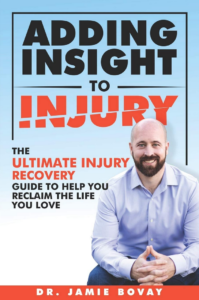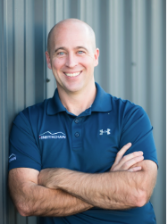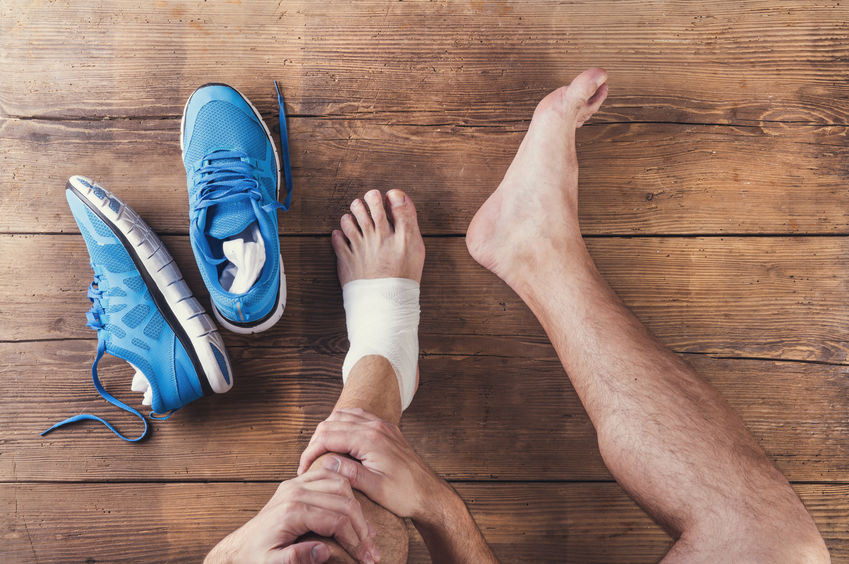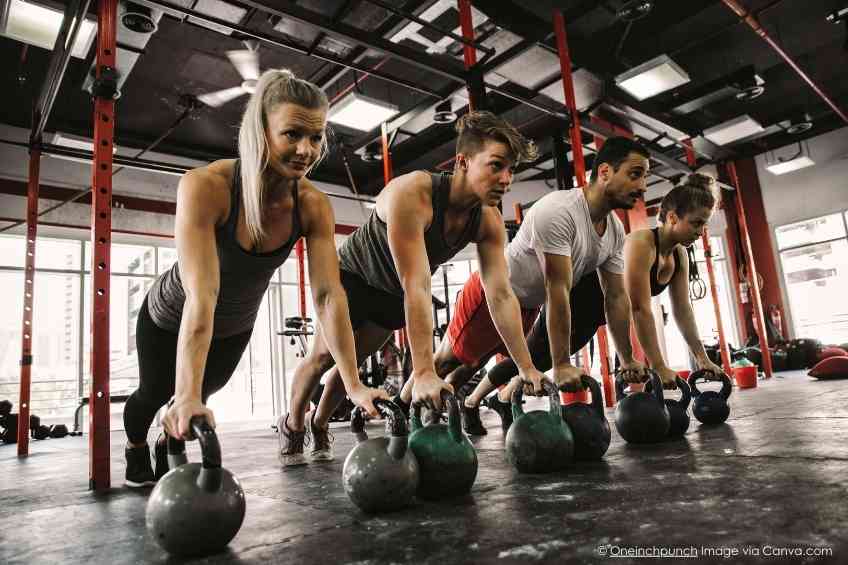Injuries are never a good thing. However, their one upside always seemed to be giving someone a reason to sit around in bed or on the couch watching TV for a few weeks while they recovered. But could that mini vacation of excused laziness actually be doing more harm than good to the injury itself and maybe your entire body? Dr. Jamie Bovay believes the answer to that question is an emphatic yes. WellWell recently spoke with the author of Adding Insight To Injury: The Ultimate Injury Recovery Guide To Help You Reclaim The Life You Love about the various misconceptions regarding injury recovery and how we can approach the situation with a bit more brains.
What was the inspiration behind Adding Insight To Injury? Did you suffer a major injury in your own life that led to discovering these insights into recovering from one?
Yes, I did. A few years ago, I had a snowboarding accident and I went through the normal injury mental progression. At first, I was like it’ll be fine. Then, despite all my knowledge of physical therapy I figured I’d just wait and see. Fortunately, since I knew the system, I was able to recover in about a month despite it being a pretty serious injury. But I also noticed and heard stories from a lot of other people while recovering about their experience in being let down by the medical system and it was eye opening.
What are the misconceptions regarding injury and recovery?
It obviously depends on situation, but I’ll tell you perceptually one of the most common things you hear is “you’re just getting old” and therefore you just have to live with aches, pains, and less movement. But I can tell you that medically that is absolute BS. Another is when you’re injured people always say just rest and it’ll be fine in a few weeks. But that’s one of the worst things you can do. Possibly the biggest misconception though is that the problem only exists where it hurts. Human movement is a complex procedure, rarely does an isolated injury impact only the injured area.
 Why is letting an injury rest a negative?
Why is letting an injury rest a negative?
First, you miss out on the positives of continued movement. As you move and exercise, your blood flood increases everywhere including the area of your injury, even if you’re not moving or exercising that area. Essentially, better blood flow leads to faster healing. The downside of resting is it can lead to inflammation and swelling in the injured area. When that swelling happens the inflamed injury can actually put pressure on and kind of shut down nerves. When the nerves shut down, all the sudden the muscles don’t work appropriately.
You mentioned the misconception that as you age, aches and pains are expected and even welcomed. Does this contribute to people becoming less active as they age?
Yeah, absolutely. The small amount of movement then produces tenser and weaker muscles creating a bit of a vicious cycle. These muscle imbalances lead to the joints and tendons rubbing more which then leads to frequent aches and pain.
In Adding Insight To Injury, you claim the old no pain, no gain mantra is actually terrible advice. Why is that?
I grew up playing sports hearing that phrase thrown around like crazy, but it’s really quite dangerous. Pain is a warning light. It’s your body telling you something’s wrong so if you ignore it, it may get worst. And if you take that approach to rehab or injury recovery, you’re likely to reaggregate injured tissue or even reinjure the area all over again.
But how do we balance listening to the pain that our body is telling us while also remaining active through an injury? I’d assume being active doesn’t produce the most comfortable sensation?
It should feel comfortable though if you’re moving properly and cognizant of the injured area. Now ideally, you’re moving the area around the injury. Let’s say you have a shoulder injury; you should still be able to move it somewhat without pain because if you can’t you likely need surgery. But if you focus on exercises that limit movement from your shoulder, it shouldn’t be painful. It’s mainly about remaining active by focusing on focusing on heathy areas to avoid further injury and a quicker recovery.
Do you have any tips or methods to avoid future injury while being active, maybe some common mistakes that people make?
Consistency is key. A lot of people, understandably, don’t have time or energy to exercise doing the week but they’ll do super intense workouts all weekend. But that’s asking for an injury. You have to be consistent and gradually build the strain you put on your body to allow it to build strength at a natural pace. Additionally, when you are being active, take your muscles and joints through their full range of motion. I always recommend dynamic stretching, which is movement-based stretching rather than static holding. Quality sleep and nutrition are obviously huge but from a mental standpoint I think it’s important to focus on yourself. Don’t try to keep up with your friends or other people at the gym, go at the pace that makes you comfortable.
What role do practitioners play in the recovery process?
A massive role. Working with the wrong specialist can be incredibly detrimental and honestly discouraging. It is important people know they have options though. Injuries can often be exhausting and deflating but just because someone hasn’t been successful rehabbing before with other practitioners, that doesn’t mean that once they find the right practitioner for them, that they can’t get better. You just have to find the right expert for you.
 About Dr. Jamie Bovay
About Dr. Jamie Bovay
Dr. Jamie Bovay is one of Colorado’s leading physical therapists and founder of KinetikChain Denver, a clinic specializing in helping active adults avoid the frustrations of pain and injury so they can live their active lifestyles and get back to everything they want, need, and love to do. He is the author of Adding Insight To Injury: The Ultimate Injury Recovery Guide To Help You Reclaim The Life You Love.
Learn More at www.kinetikchaindenver.com










